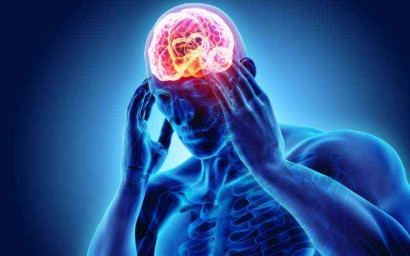Erectile problems are a common condition that affect men across the world. It can have physical and psychological causes and negatively impact a man’s overall quality of life and well-being. Fortunately, there are various treatment options available to help treat the symptoms of erectile problems.
The treatment options for erectile problems include medication, lifestyle changes, and alternative therapies. In severe cases, surgery or implants may be recommended. The most appropriate treatment option will depend on the underlying cause of symptoms, the severity of the symptoms and the patient’s own preferences. Healthcare providers can offer guidance depending on an individual’s unique situation and treatment goals.
Lifestyle changes that can help manage erectile problems
Lifestyle changes can play a significant role in managing and preventing erectile problems. While medical treatments and medications may provide immediate relief, incorporating healthy habits into daily life can have a lasting impact on overall sexual health.
Weight management
Weight management is an essential aspect of erectile problems. Being overweight or obese can lead to a number of health problems, including cardiovascular disease, diabetes, and hormonal imbalances, all of which can contribute to erectile problems. Losing weight can increase self-esteem and confidence, which can have a positive impact on sexual health.
Healthy diet
Diet can play a crucial role in managing erectile problems. Eating a healthy, balanced diet that is rich in nutrients and low in unhealthy fats, sugar, and salt can help improve circulation, regulate hormones, and boost testosterone levels. Foods high in antioxidants, such as fruits and vegetables, can also protect against oxidative stress, which is a significant contributor to erectile problems.
Quitting smoking
Smoking damages blood vessels and restricts blood flow, which can lead to erectile problems and other sexual health problems. Additionally, smoking has a negative impact on hormones and can lower testosterone levels, which are essential for sexual function. By quitting smoking, men can improve circulation, enhance sexual performance, and reduce the risk of erectile problems.
Increase physical activity
Regular exercise can help improve circulation, regulate hormones, and boost testosterone levels, which are important for sexual health. Physical activity also helps maintain a healthy weight, reduces stress, and improves cardiovascular health. Studies have shown that men who engage in regular physical activity are less likely to experience erectile problems, and that increased physical activity can improve sexual function and satisfaction.
Moderating alcohol intake
While drinking in moderation may have some health benefits, excessive alcohol consumption can lead to a number of health problems, including decreased circulation, hormonal imbalances, and liver damage. Moderating alcohol intake can have a number of other health benefits, including improved cardiovascular health and reduced risk of liver disease. For those struggling with erectile problems, moderating alcohol intake can be a simple yet effective way to improve sexual health and overall well-being.
Avoiding recreational drugs
Certain illicit drugs, such as cocaine and methamphetamine, can cause vasoconstriction, which can disrupt blood flow to the penis. Studies have shown that men who abuse these types of drugs are more likely to experience problems with getting or maintaining an erection. In addition, long-term use of illicit drugs can lead to decreased sexual desire and erectile problems.
Reducing stress and anxiety
Stress and anxiety can increase stress hormones and inhibit sexual desire, making it difficult to achieve and maintain an erection. Reducing stress and anxiety can have several other health benefits, including improved sleep quality and reduced risk of depression, which may help improve erectile problems. By incorporating stress-management techniques into daily life, men can overcome the negative impact of stress and anxiety on their sexual health and improve their overall well-being.
Treatments for erectile problems
Erectile problems can be treated through various pharmacological and surgical methods. After an assessment of the patient’s medical history, healthcare professionals can recommend medications, penile injections, vacuum pumps, or surgery.





